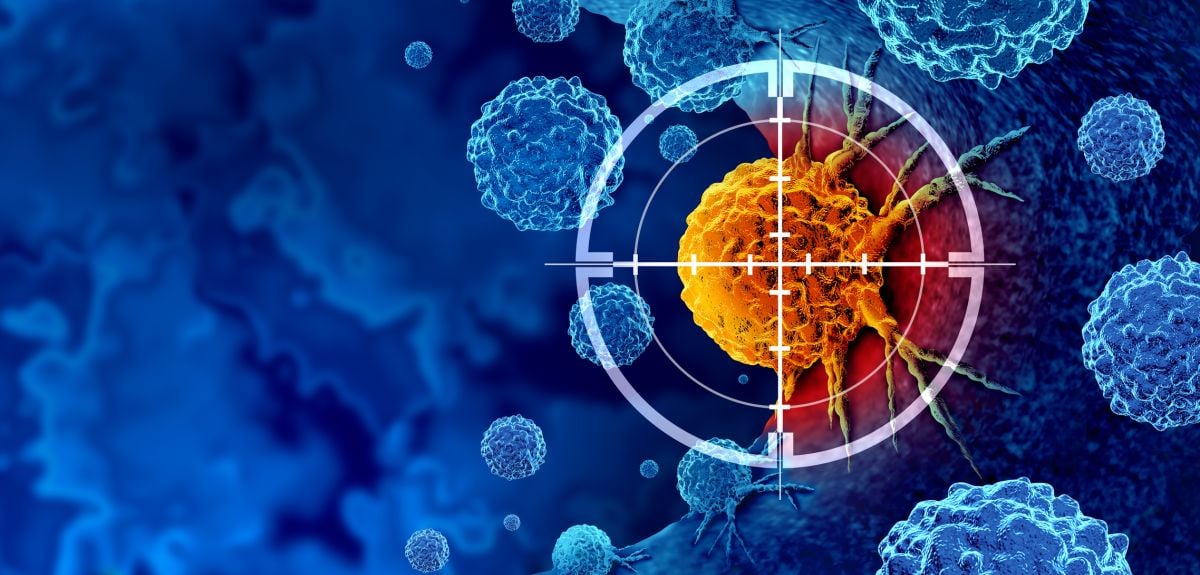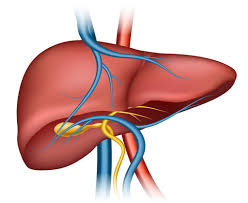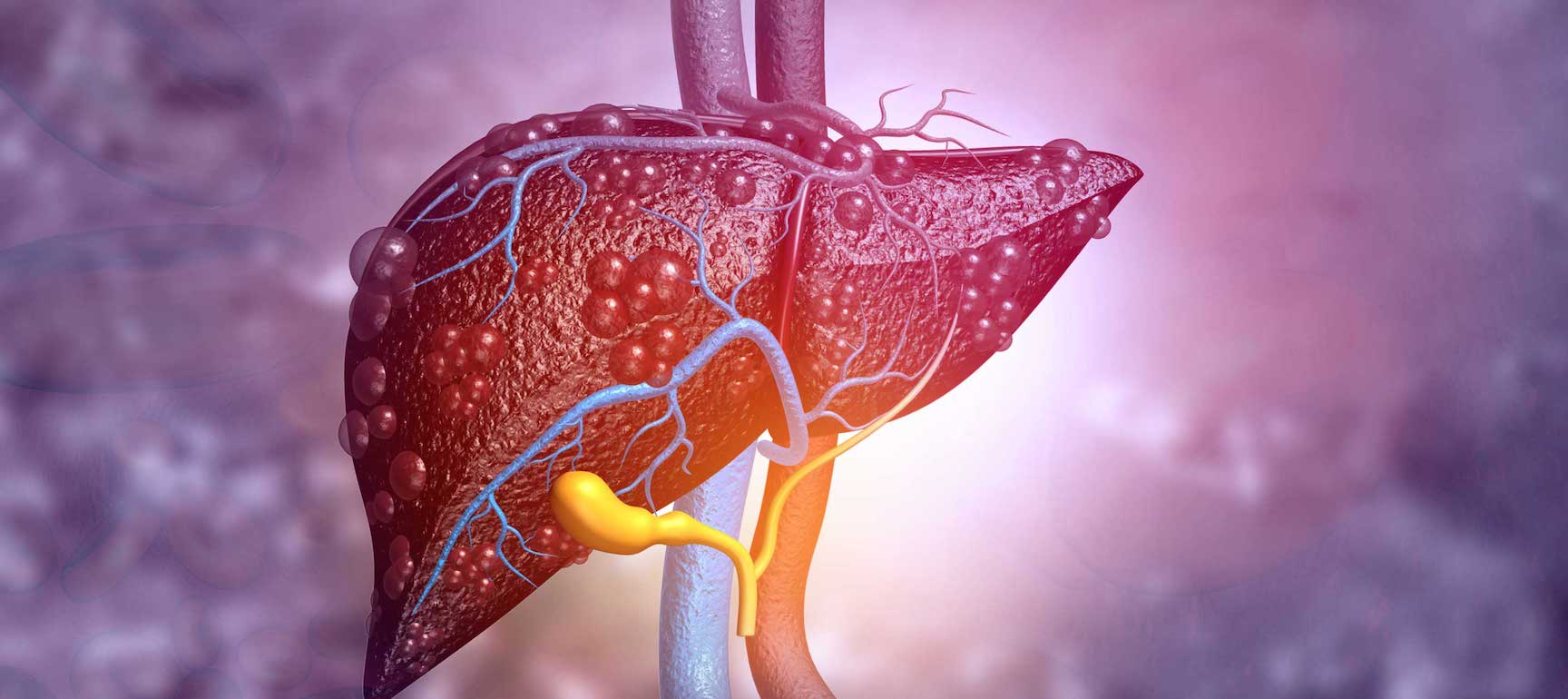Google’s New AI Model Discovers Promising Breakthrough in Cancer Treatment
- bykrish rathore
- 18 October, 2025

In a remarkable leap for medical science, Google’s new artificial intelligence model has discovered a highly promising approach to cancer treatment, sparking optimism among scientists and oncologists worldwide. The breakthrough demonstrates how AI is reshaping the future of healthcare by enabling faster, more precise discoveries that could save countless lives.
Developed by Google’s research division and its AI subsidiary, DeepMind, the new system uses powerful machine learning techniques to analyze enormous datasets of genetic, molecular, and clinical information. Through this process, the AI was able to identify novel biological pathways that could be targeted to stop or slow cancer growth, providing researchers with fresh insight into one of the world’s most complex diseases.
Traditional cancer research often takes years or even decades to produce viable results. But with AI, that timeline is shrinking rapidly. Google’s model can scan millions of data points—ranging from DNA sequences to protein structures—to detect hidden patterns that human scientists may overlook. These patterns reveal how certain cancers develop resistance to existing therapies and suggest new treatment combinations that might overcome those barriers.
One of the key strengths of this new AI system lies in its ability to simulate how cancer cells respond to specific drugs and genetic modifications. This predictive capability could dramatically reduce the time and cost associated with drug discovery, helping pharmaceutical companies and research institutions test potential treatments virtually before moving into clinical trials.
According to Google’s researchers, the AI’s findings highlight several “druggable targets” — specific molecules and enzymes linked to tumor progression — that could lead to the development of next-generation cancer therapies. This approach also aligns with the growing movement toward personalized medicine, where treatments are tailored to the genetic profile of each individual patient.
The medical community has welcomed the news with great enthusiasm. Experts say that such breakthroughs could change how oncologists diagnose and treat cancer, moving from a reactive approach to a predictive one. With AI’s ability to process vast biological data in real time, doctors can anticipate how a tumor might evolve and design treatment plans accordingly.
Google has stated that the project’s results will be shared openly with the global scientific community to foster collaboration and ensure transparency. This open-science approach encourages other researchers to build upon Google’s findings and explore practical applications in both academic and clinical settings.
While the discovery represents a major advancement, researchers are quick to emphasize that more testing is required before AI-guided cancer treatments reach hospitals. Rigorous validation, human trials, and ethical oversight will be essential to ensure that these technologies are safe and effective for patients worldwide.
Still, the development underscores a growing truth: AI is becoming one of humanity’s most powerful allies in the fight against cancer. By combining computational intelligence with human expertise, scientists are entering a new era of precision medicine that could redefine how diseases are treated in the decades ahead.
As the boundaries between technology and biology continue to blur, Google’s breakthrough stands as a symbol of hope — a reminder that with innovation and collaboration, the world is closer than ever to turning cancer from a deadly disease into a manageable condition.

Note: Content and images are for informational use only. For any concerns, contact us at info@rajasthaninews.com.
40 के बाद शर्ट से बा...
Related Post
Hot Categories
Recent News
Daily Newsletter
Get all the top stories from Blogs to keep track.











